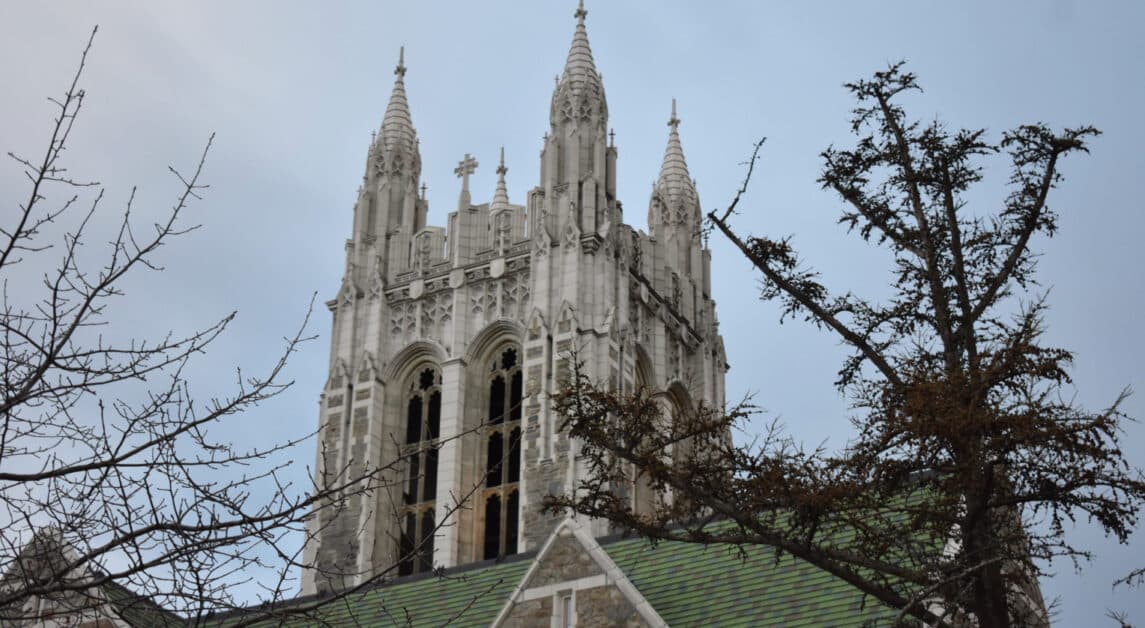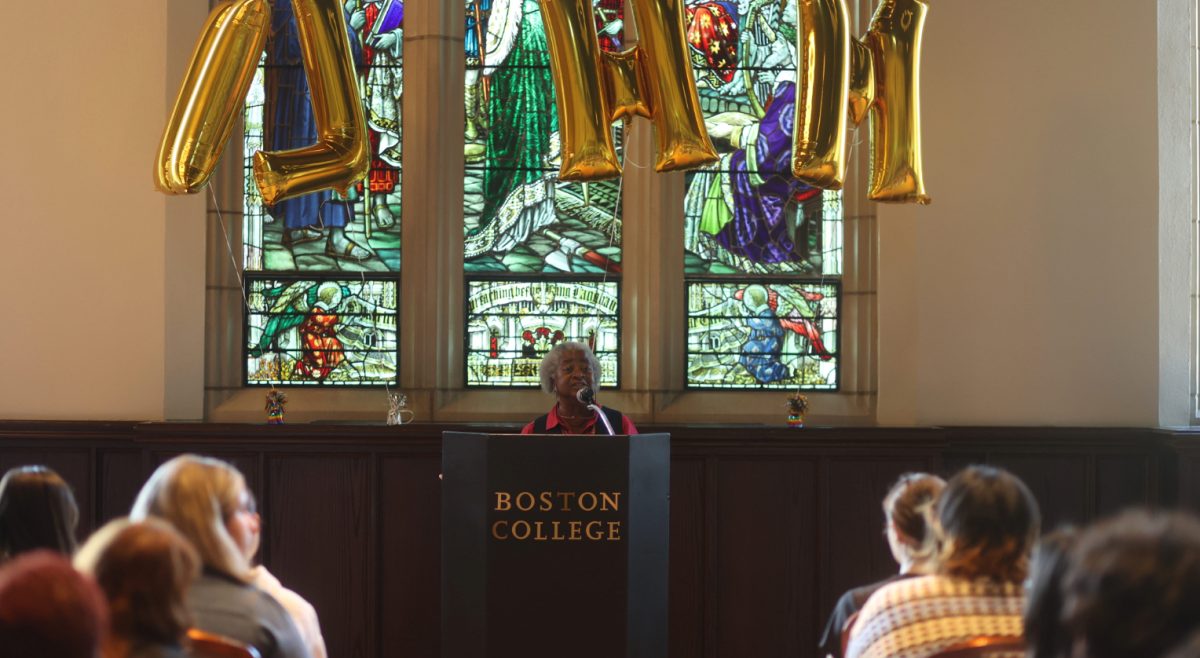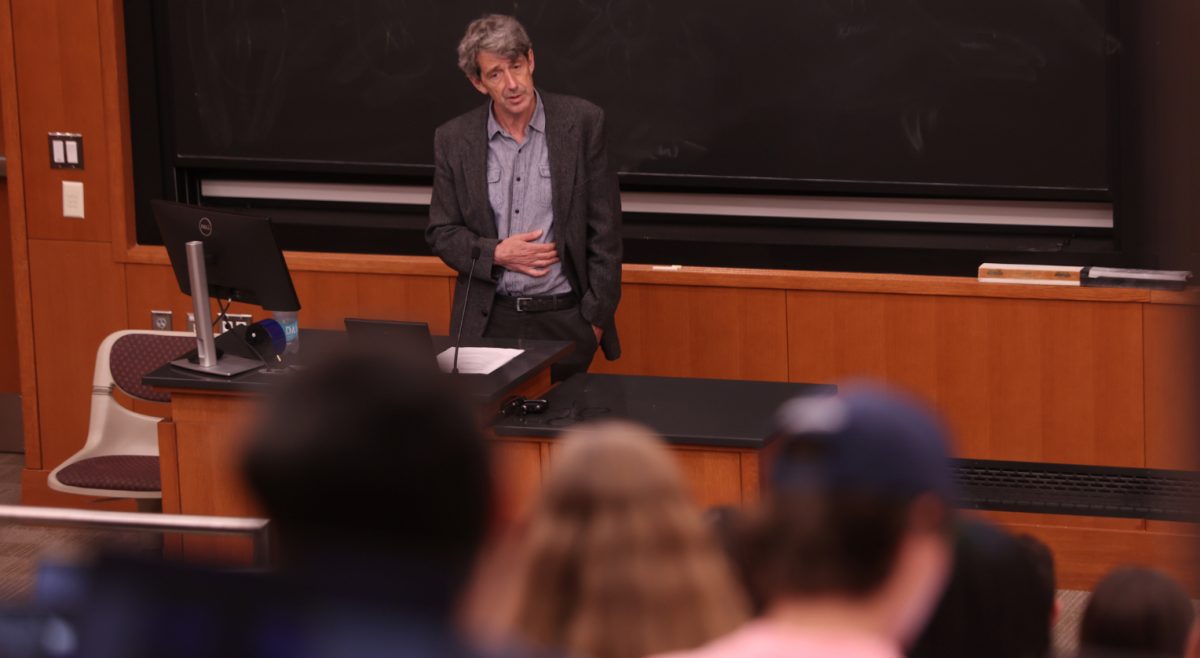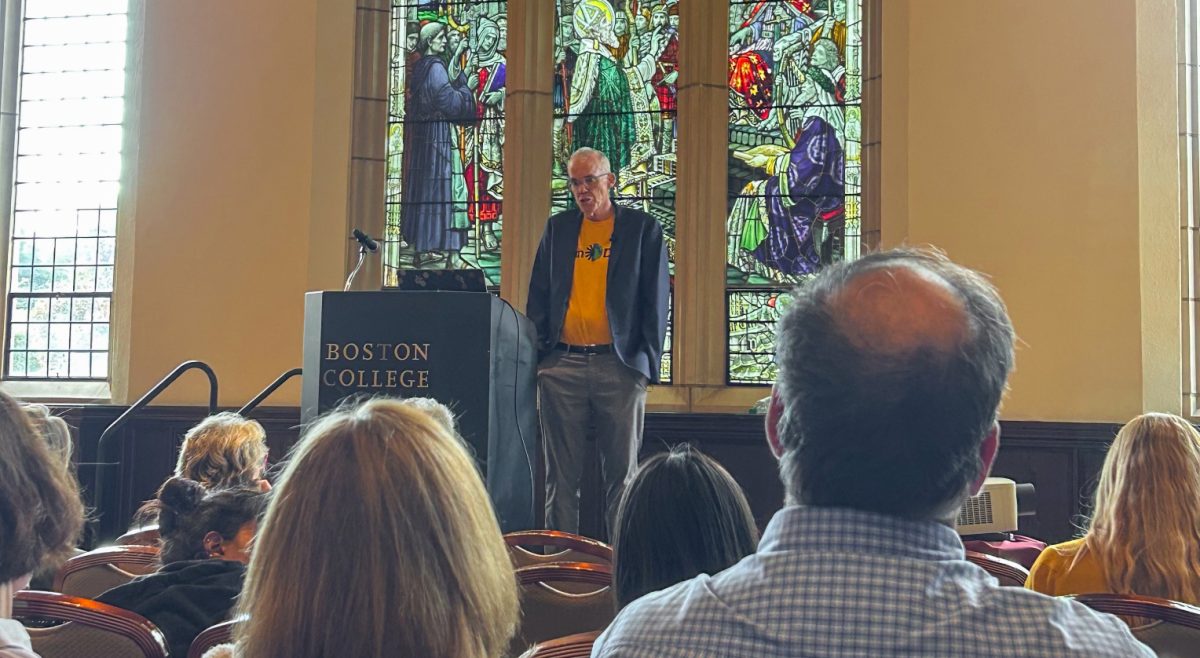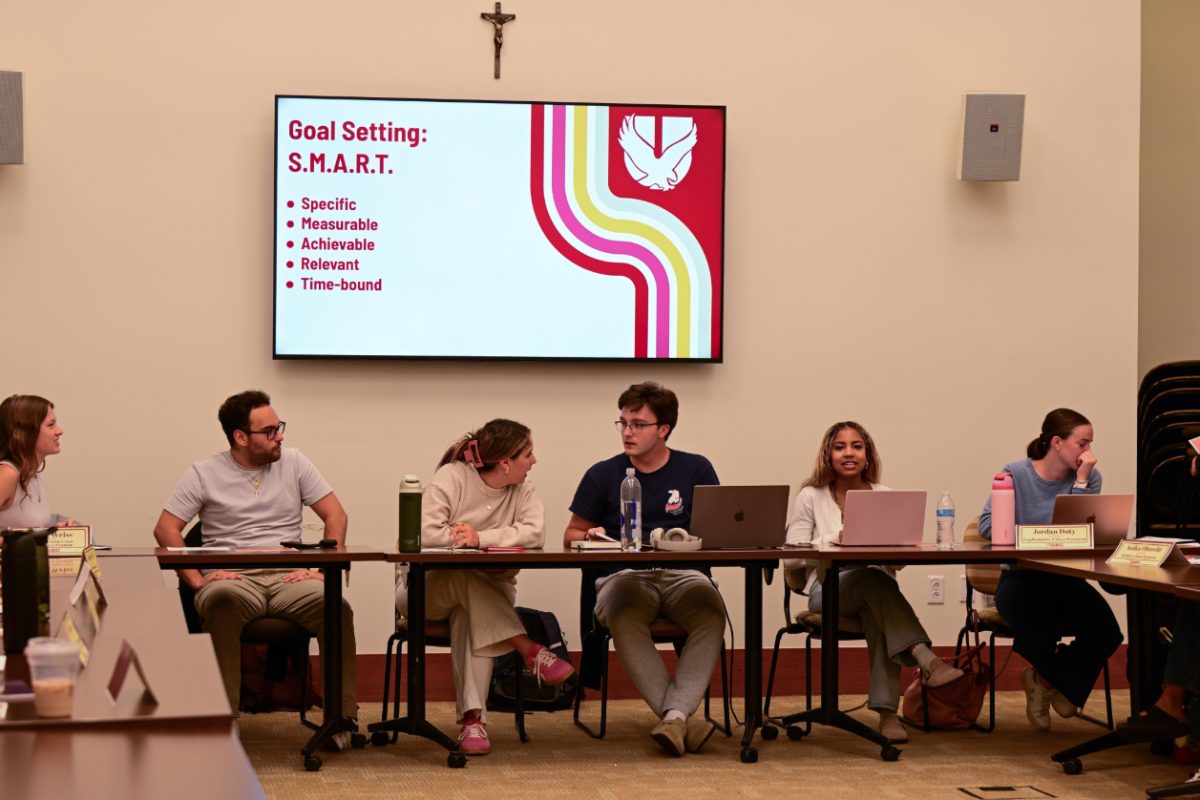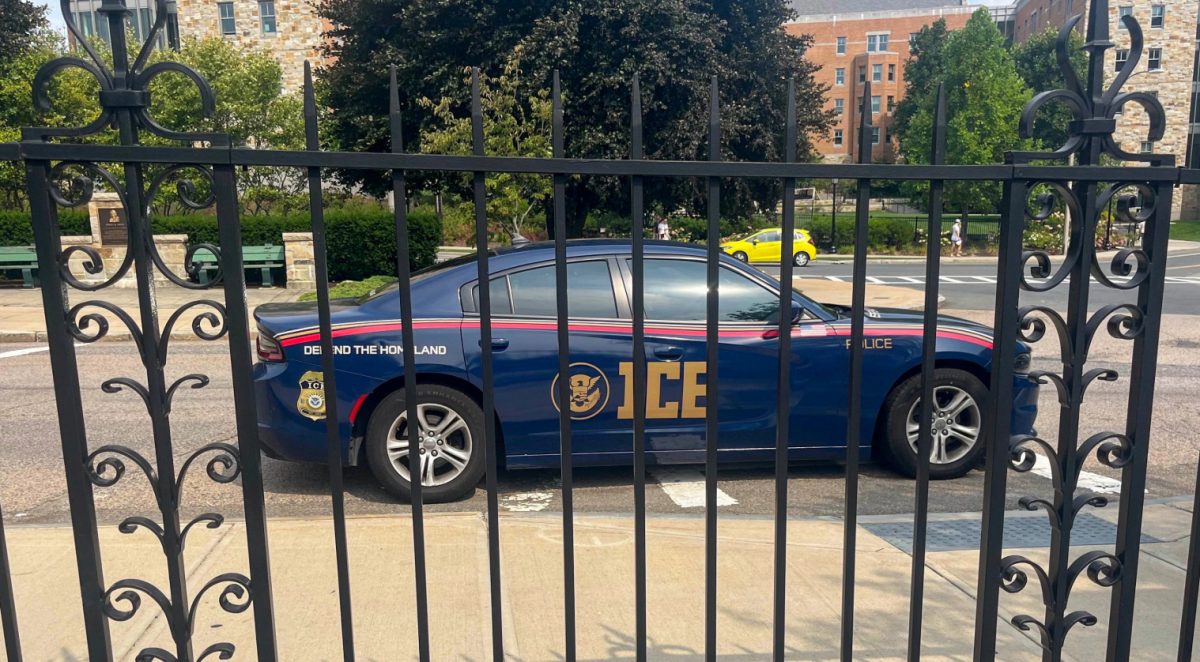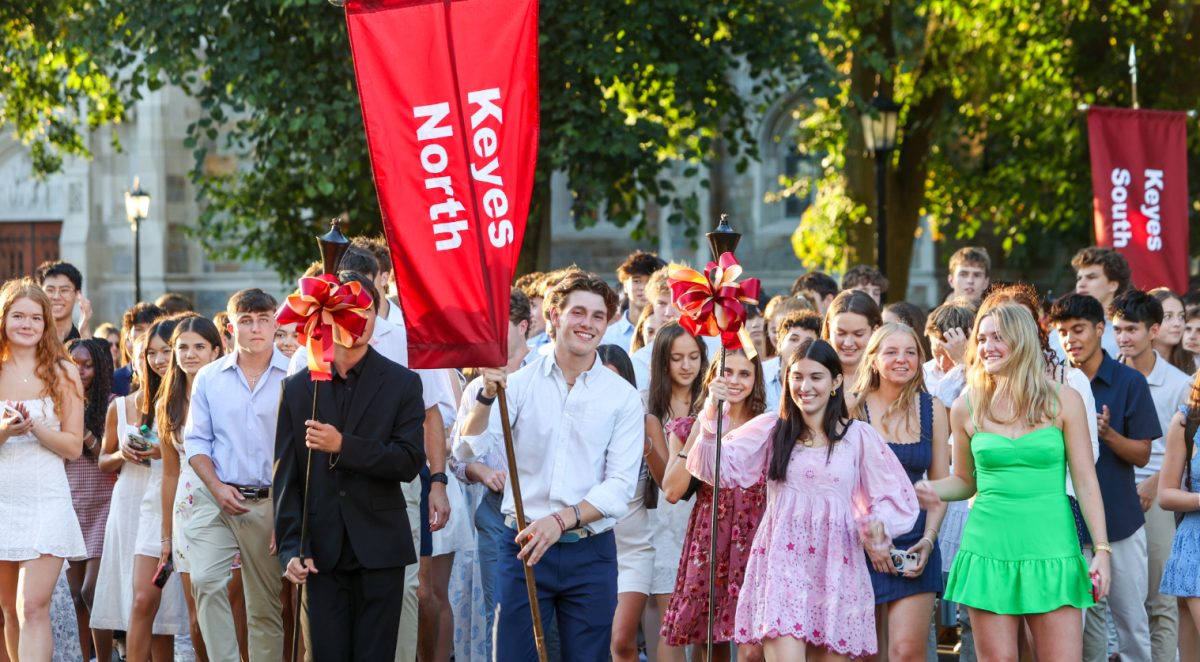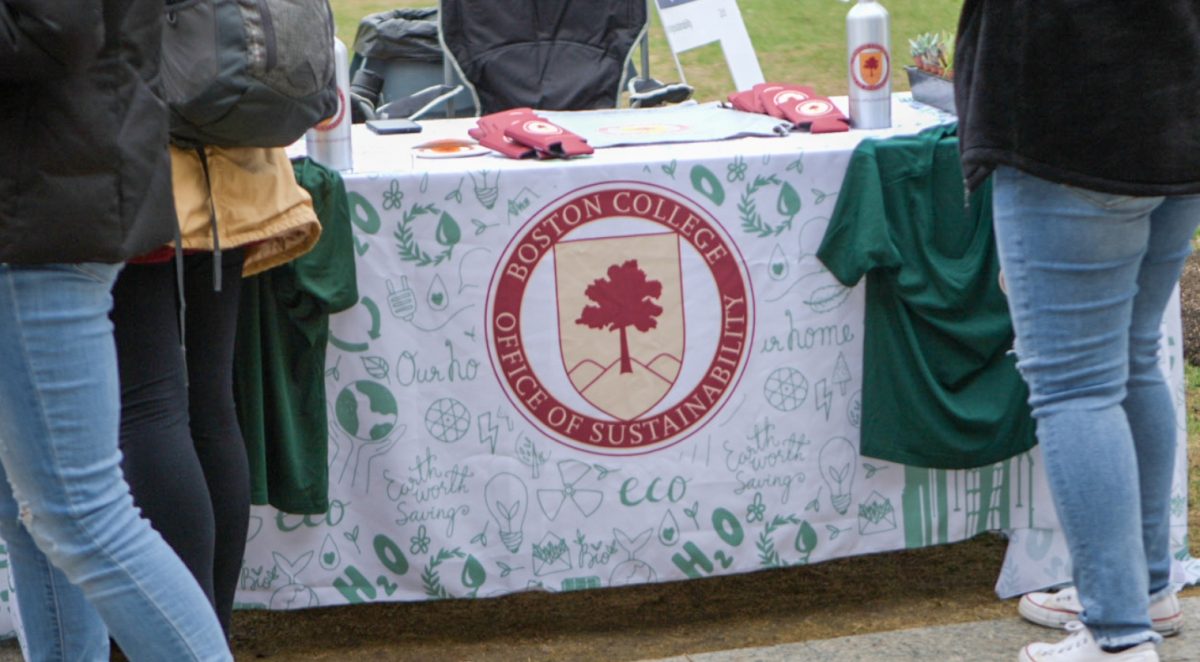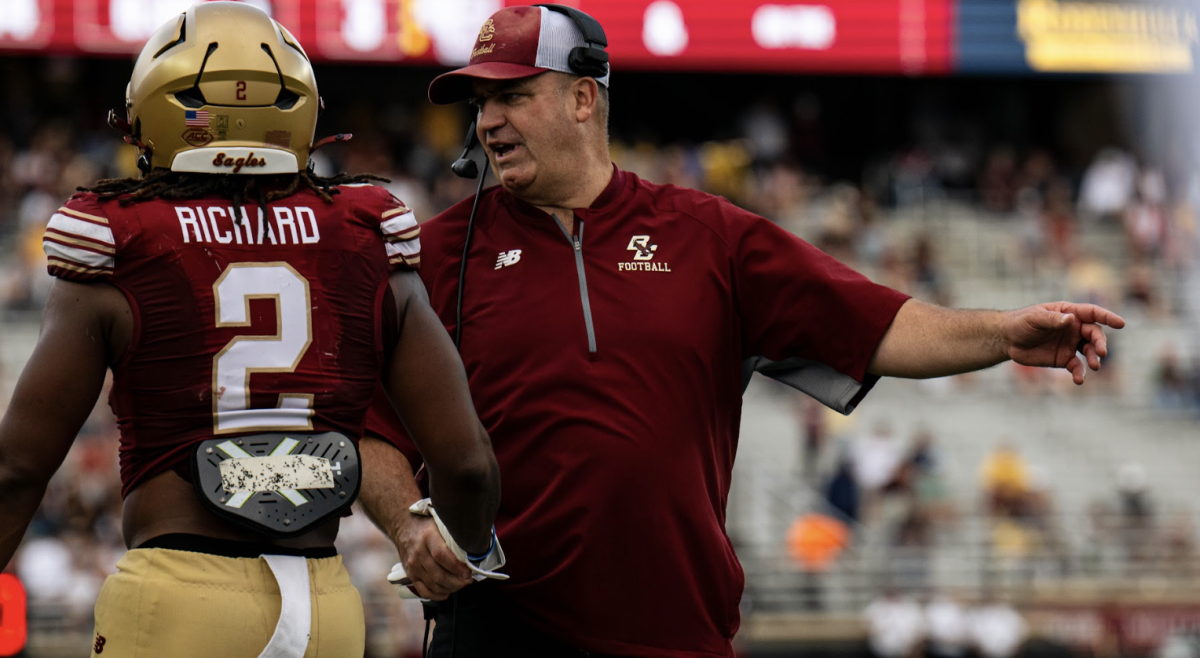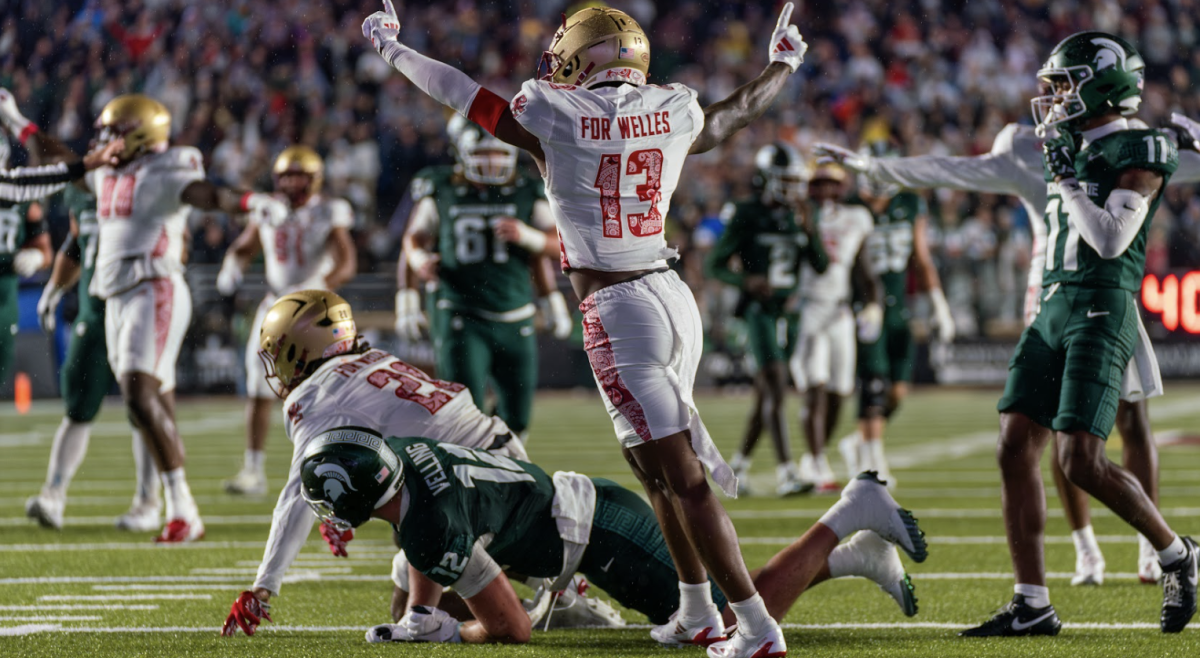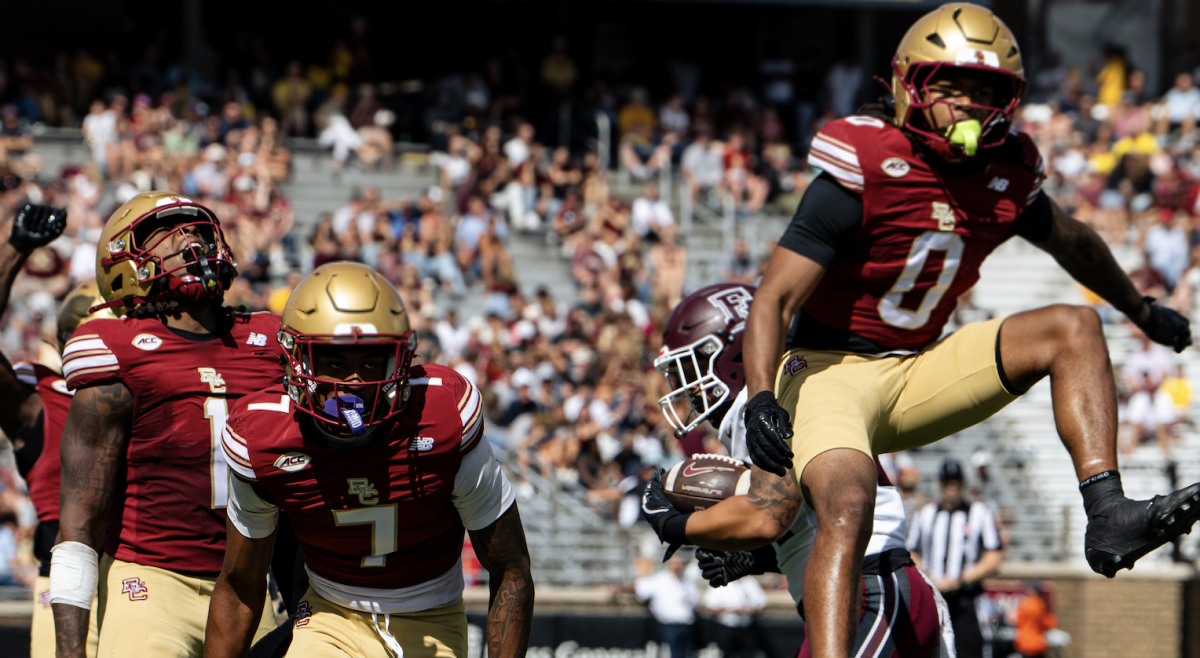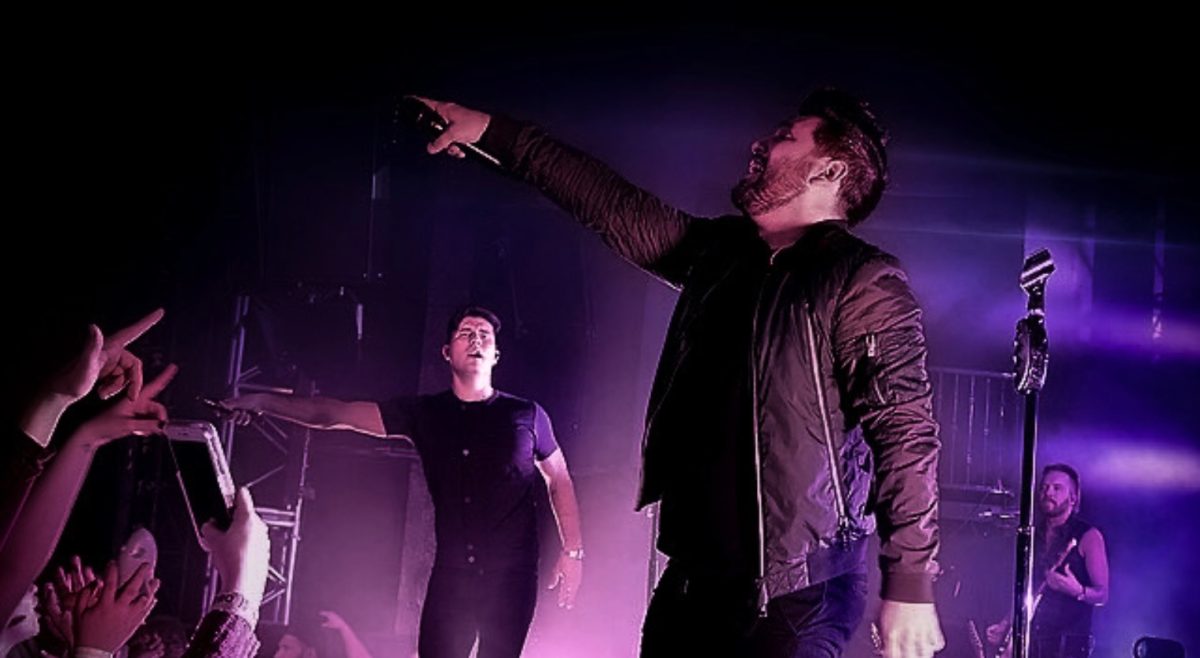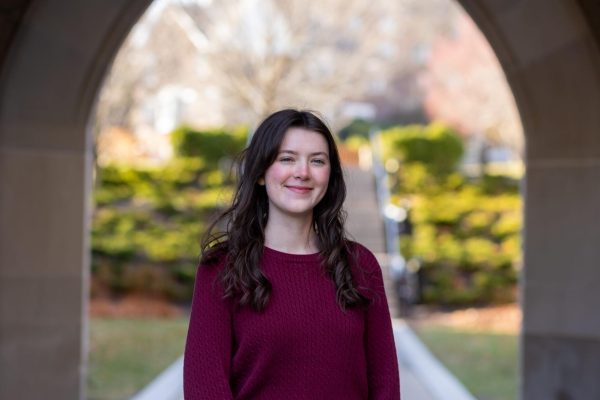As students excitedly woke up on Marathon Monday after returning to campus from Easter break, the buzz of celebration was interrupted as phones lit up with notifications—Pope Francis had died.
“I’m just really sad and devastated by the news,” said Fiona Griesser, MCAS ’27. “I knew he was sick. I just wasn’t expecting this so fast. I feel like we just lost a big member of our community, a supporter of great things on campus.”
Following the death of the first Jesuit pope, the news sparked conversations and thoughts about values, legacy, and the future of the Catholic Church—issues especially important at a university rooted in Jesuit tradition.
Elected in 2013, Francis was widely known for his progressive approach to social issues, as well as his emphasis on climate justice and care for marginalized groups.
Francis, 88, died after suffering a stroke and the collapse of his cardiovascular system, according to the Vatican. Although he had battled double pneumonia this year, his death came as a shock to many, as he appeared in St. Peter’s Square just a day prior to greet crowds on Easter Sunday.
For some, the news of the Pope’s passing was not entirely unexpected, considering his health history, including a five-week hospitalization earlier this year.
“I was quite shocked, but also I knew that he was battling a pretty intense illness,” said Yeonwoo Park, LSEHD ’27. “I hope now he has found peace.”
Others voiced concern about the ideological direction the Church might take in the wake of Francis’ death.
“I’m not Catholic, but he had more progressive thoughts than most Popes,” said Ally Cenci, MCAS ’27. “So I’m worried about the future, but also hopeful.”
For some students, the timing of Francis’ death—just a day after Easter—added weight to the news. Alessandra Veveiros, MCAS ’27, reflected on the global significance of his papacy, recalling how the news broke while she was in an airport in Italy.
“Everyone kind of looked down at their phones, and there was this big hush,” said Veveiros. “I knew he was in poor health, so I was like, ‘Okay, at least he’s found peace.’ But pretty crazy that it happened just after Easter.”
Some students acknowledged that they hadn’t followed news of Francis’ health closely, but still recognized the moment’s impact on Catholic peers.
“I didn’t even know about it until my roommate told me,” said Brandt Mooney, MCAS ’27. “I just felt bad for some of my religious friends because I know it affected them.”
Others reflected on their personal connection to Francis’ papacy, the first many could remember from their early years.
“I grew up Catholic, and he was basically the pope for my entire childhood,” said Jamie Schumacher, MCAS ’27. “He always just seemed super friendly—someone you could look up to. My mom loved him, so it was definitely sad to see.”
While reactions varied, many students agreed on the lasting impact of Francis’ leadership, expressing hope that his successor would uphold similar values and uneasiness about a swing toward conservatism.
“I think it would be awesome to have another Jesuit pope, especially being at BC—the values on the world stage,” said Meghan Minogue, CSOM ’27. “But obviously we’ll have to see. I hope it doesn’t swing the opposite way because extremism is never good within the Catholic Church.”
Reetu Agnihotri contributed to reporting.

